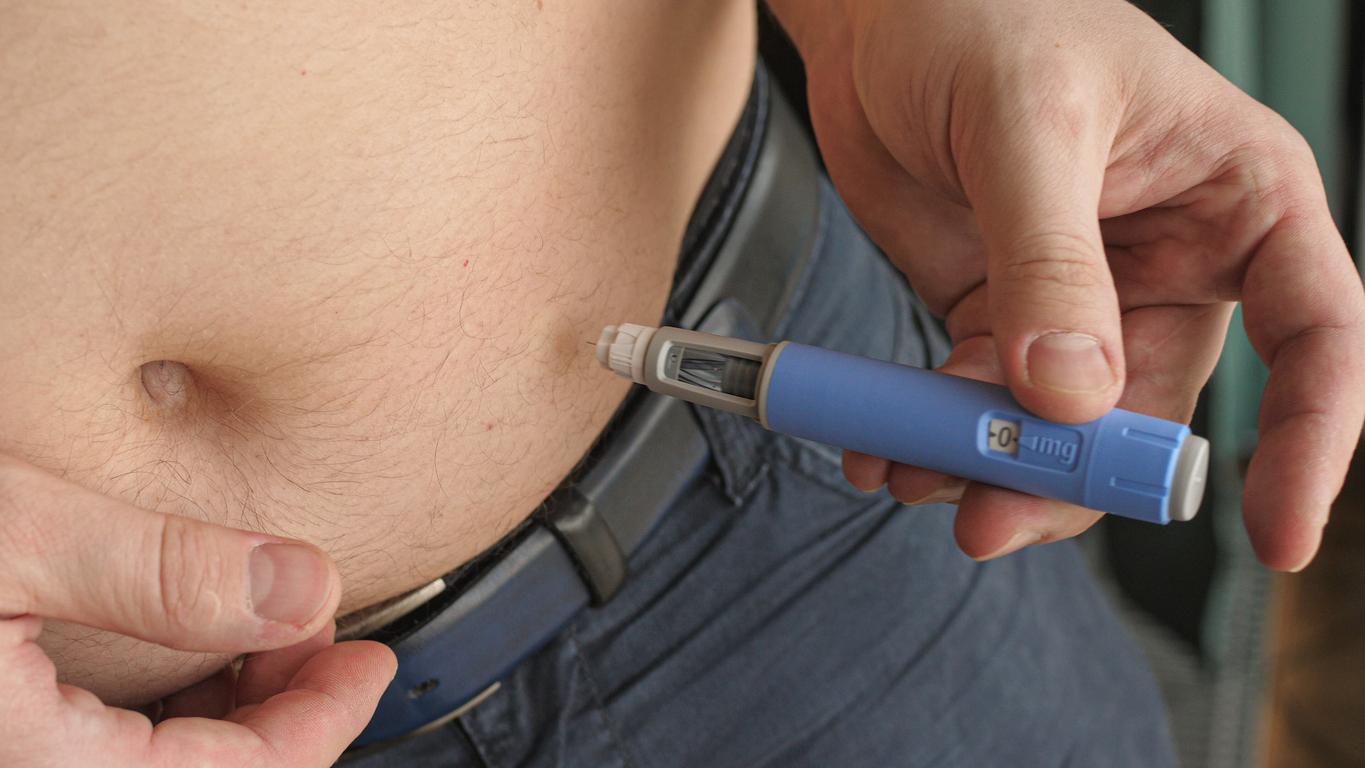
07/13/2016.
A study has shown that a person’s hydration and their weight are directly related. By searching on Google, you will be able to find information on this subject, but is it true information?
Hydration plays a role in weight management
A study was recently published in the Annals of Family Medicine and proves that someone who drinks a lot is more likely to stay in shape. According to Tammy Chang, study author and researcher in the Department of Family Medicine at the University of Michigan, what emerges from this study is that “ people who don’t hydrate enough increase their chances of being obese “.
To carry out this study, the researchers relied on a health survey, through which researchers gathered information about the weight and height of each individual studied. Urine tests were also done to establish the hydration level of the participants.
An instant but verified fact
Tammy Chang and colleagues have therefore proven that people who are less hydrated are 1.59 times more likely to be obese compared to others.. According to him, “The idea that hydration could have this effect is interesting and important “. However, the study verifies a fact at time T and in no way proves that hydrating helps people manage their weight. Note that drinking a large glass of water before a meal cuts hunger, thus preventing us from overeating and therefore promotes weight loss.
According to previous studies, it turned out to be true that “ people who choose water over sugary drinks gain weight at a much slower rate “. We should therefore drink less soda to lose weight, but everyone knows that. But how do you know if you are well hydrated? According to Tammy Chang, it shows in the color of urine. The darker it is, the more water you need. There is no ideal amount of water, but it is still advisable to drink at least 1 liter of water per day.
To read also: Drinking water: Why and how much?

















